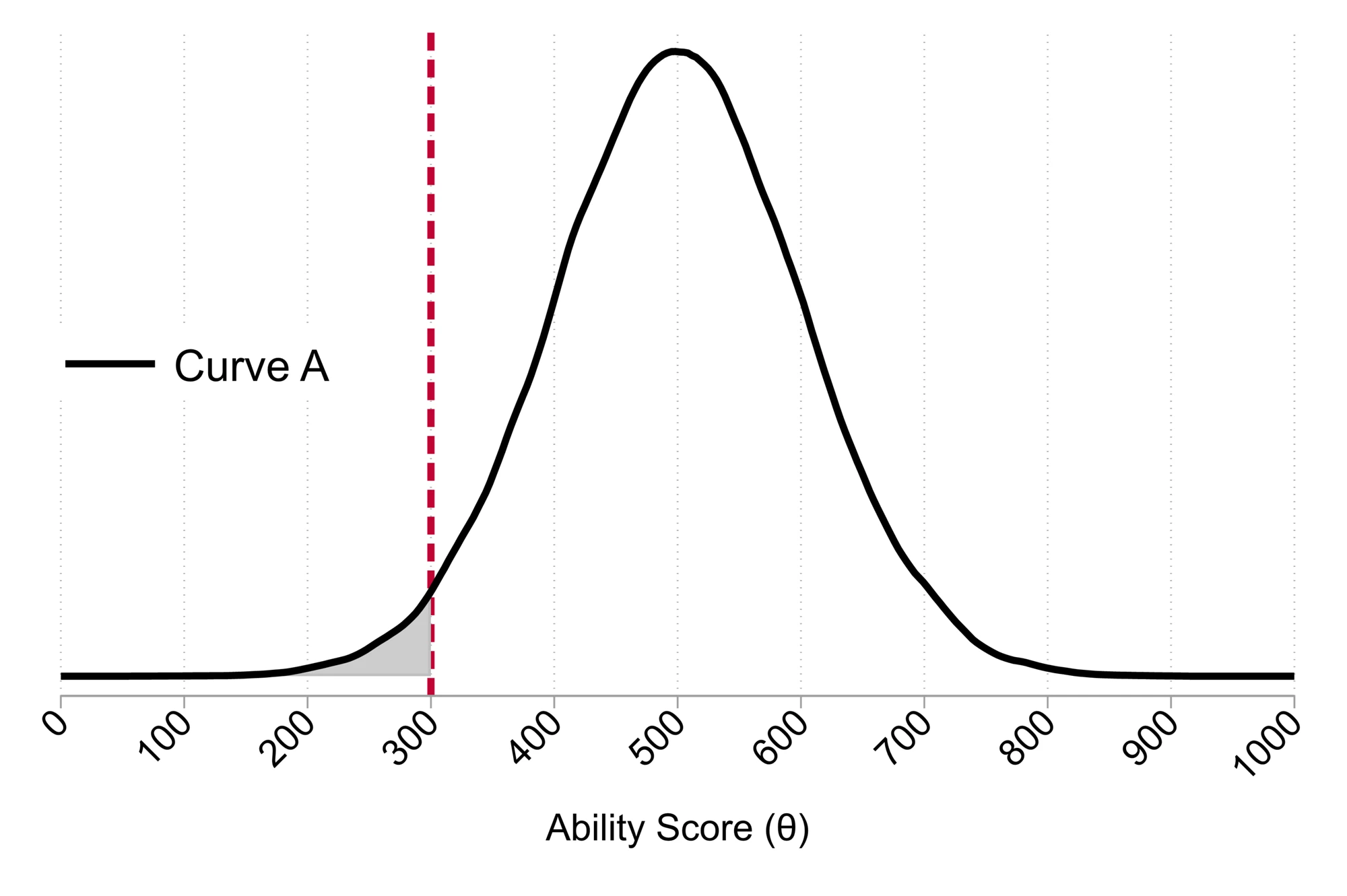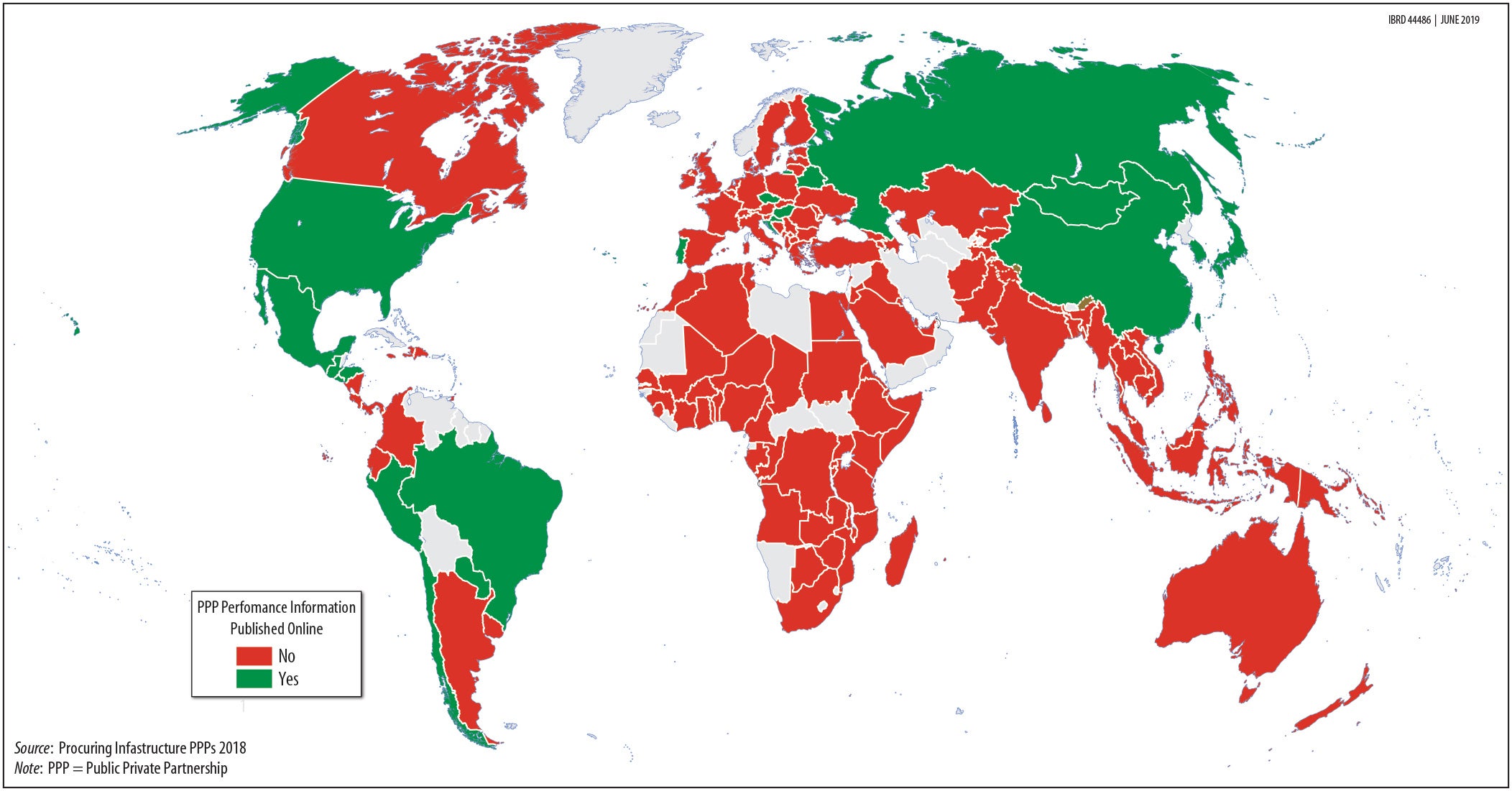In much of Asia, infrastructure governance is a key priority—which explains, in part, the region’s healthy performance in private sector participation for infrastructure investments. Certainly, the topic’s importance was apparent by the turnout we received at the region’s first Roundtable on Infrastructure Governance and Tools held in Seoul last month.
With the participation of more than 200 participants with many more attending via webcast, the roundtable fully delivered on its promise of bringing together decision makers from Asia alongside the private sector and civil society organizations, providing a platform for governance knowledge-sharing among stakeholders of all kinds.
Discussions focused on practical issues concerning infrastructure governance related to project planning, procurement, implementation, and management.
Some of Seoul’s trending topics included maintaining transparency of the infrastructure life-cycle process and ensuring that benefits from new and evolving technologies are captured by the public sector.
What better way to tackle the above if not through sound regulation?
Indeed, participants debated the importance of regulation for the delivery of successful infrastructure projects in Asia—and globally. This dovetails nicely with the findings of our survey of PPP experts in 135 countries, which showed that a stronger PPP regulatory framework was the most important means of increasing the private sector’s participation in infrastructure. This came ahead of other burning issues like political backing of the PPP program and development of a pipeline of well-prepared projects.
Figure 1: Perception of main areas of legal, institutional and administrative improvement that will enhance the participation of the private sector in PPP projects by number of countries (N=135).
This data comes from Procuring Infrastructure PPPs 2018, a World Bank report benchmarking the PPP regulations of 135 countries against internationally recognized good practices across the project cycle. To give you a taste of what the report has to offer, let’s go back to the hot topics of the Infrastructure Roundtable: transparency and innovation.
One of the areas covered by the report that garnered the most attention is the ‘Transparency Index,’ which aggregate scores for several questions regarding transparency and disclosure in PPP preparation, procurement, and contract management. The map below illustrates one of the striking results of the analysis: only as few as 14 percent of the benchmarked economies publish PPP performance information online.
Figure 2: PPP Performance Information Published Online
It goes without saying that, without performance data in the public domain, it’s very difficult to ascertain whether PPPs bring about the efficiency gains for which they often receive praise. Additionally, making that information available to the public is crucial to ensure accountability for both the private and the public partners. With the dangers related to misusing PPPs, there is a need for improving public disclosure of the entire PPP process.
Following up on another issue that created a lot of buzz in Seoul, let’s move to innovation in infrastructure. We know that new or improved technical solutions developed by the private sector may offer time savings, higher security for users, and optimal resource allocation.
But traditional bidding systems don’t offer sufficient incentives for these solutions to be developed and implemented. Through rigid tender criteria, procuring authorities are missing out on technological innovation.
We’re happy to note that Procuring Infrastructure PPPs recently added a set of innovation-related questions to provide valuable data in determining which countries allow for the promotion of innovative solutions and encouraging others to follow their lead. This is only one area we cover as we bring empirical evidence to demonstrate the importance of sound regulations to improve infrastructure service delivery.
And there’s more exciting news about this initiative, which is about to enter the data collection stage of its 2020 edition. After prolonged deliberations on an accurate new title, we’ve rebranded to Benchmarking Infrastructure, reflecting how we’ll present a more complete picture of infrastructure regulation by also covering traditional public investment. In addition, nearly all regulatory questions in the survey will be assessed by country-based experts to determine de facto implementation.
We’ll soon be reaching out to thousands of infrastructure and PPP practitioners and scholars around the world, whose expertise is essential to the accuracy of our results.
If you work in the infrastructure field and would like to help us improve the quality of your country’s regulatory framework, or if you would like to simply find out more about the initiative, please visit http://bpp.worldbank.org where you can find information on how to contribute alongside the report and a summary of its findings.
Please also stay tuned for information about the improved Benchmarking Infrastructure report to be released in 2020.
*The Regional Roundtables on Infrastructure Governance have successfully brought together governments, the private sector, and practitioners to create better approaches to tackle this issue head-on. The event in Seoul was hosted by the World Bank, KIND, and Korea Eximbank, and sponsored by the Asian Development Bank, Global Infrastructure Facility, Global Infrastructure Hub (GIH), KDI School, Open Contracting Partnership (OCP), OECD, and the Public-Private Infrastructure Advisory Facility (PPIAF).\
Related Posts
Why we need more systematic data to get PPPs right
Building benchmarks for infrastructure investors: a long but worthwhile journey






Join the Conversation